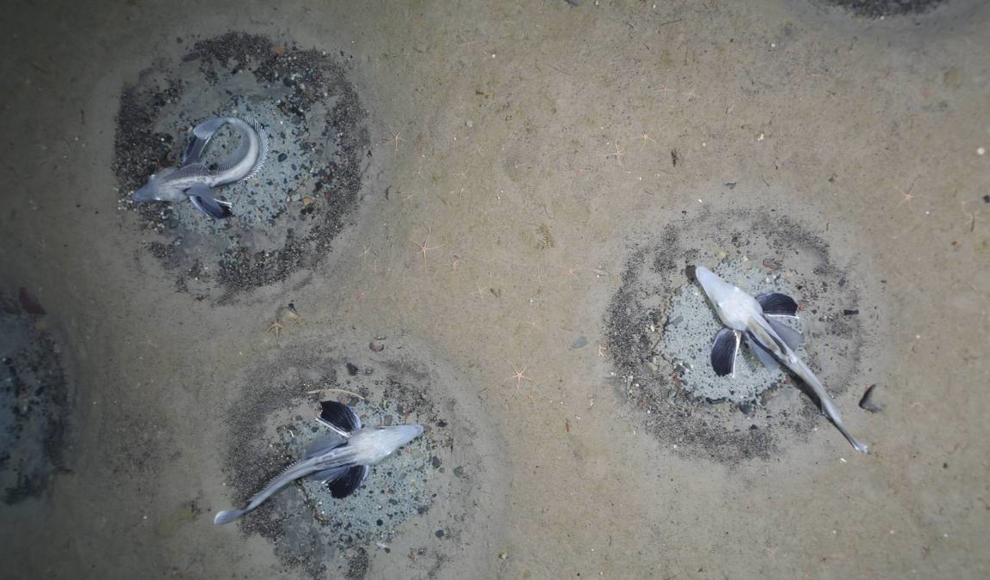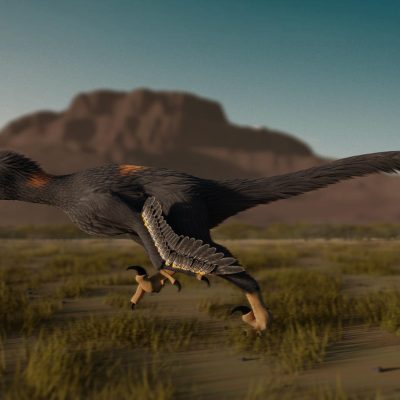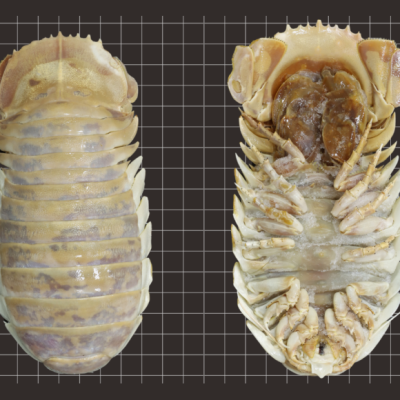In a surprising discovery during an expedition in Antarctica, researchers have stumbled upon the largest fish breeding ground on Earth. The area contains approximately 60 million nests, each with 1,700 eggs. The Alfred-Wegener-Institut (AWI) scientists were on a mission to survey the seabed of the southern Weddell Sea when they found the breeding ground by chance. Using sonar and high-resolution cameras, they discovered countless nests of the Neopagetopsis ionah icefish, a larger predatory fish that can survive in icy waters thanks to its almost hemoglobin-free blood and special antifreeze proteins. The discovery of this massive breeding ground is crucial for the ecosystem of the Weddell Sea, and it highlights the need for international efforts to establish a marine protected area (MPA) in the region.
The breeding ground is located on the edge of the Filchner-Ronne Ice Shelf, where warm deep water rises, creating favorable conditions for plankton and other marine animals that serve as food for the young icefish. The nests, which are guarded by a single icefish, are about three-quarters of a meter in size and are only 25 centimeters apart on average. The breeding ground covers an area of 240 square kilometers, and there could be up to 60 million fish nests in total. The discovery of this breeding ground is significant because it is the largest of its kind ever found, and it is crucial for the ecosystem of the Weddell Sea.
The discovery of this breeding ground highlights the need for international efforts to establish a marine protected area (MPA) in the region. The proposal for an MPA in the Weddell Sea was submitted to the international Commission for the Conservation of Antarctic Marine Living Resources (CCAMLR) in 2016, but it has not been unanimously approved. The AWI director, Antje Boetius, emphasizes the importance of protecting this area from fishing and invasive research, given the increasing pressure on the oceans and polar regions. The discovery of this breeding ground is a reminder of how little we know about life in the Antarctic Weddell Sea and underscores the need for more ambitious marine conservation efforts.










